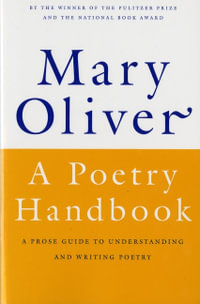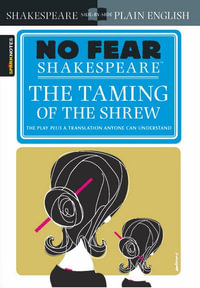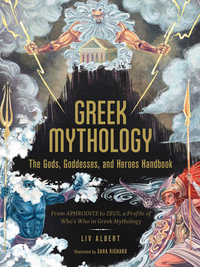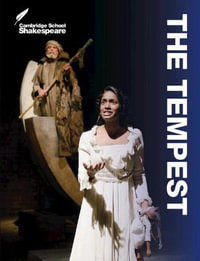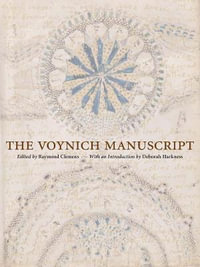What Twenty-First-Leadership Can Learn from Nineteenth-Century American Literature aims to narrow the gap between leadership theory and practice, offering an account of how leaders in organizations can improve their practice by drawing on the literary imagination.
Eastman analyses how business students can use literary fiction to find solutions to workplace problems, how they can engage with fictional writers' ideas about work, morality, and the self, and how they can articulate their own ideas about fostering a deeper connection between leaders and their teams in the workplace. The book contributes to leadership studies by setting out the case for using literary fictional texts to explore leadership scenarios. It has several purposes. The first is to provide educators with ideas on how to use fiction with students following a business curriculum. The second is to encourage industry to help their employees to become better able to analyse and synthesize complex and possibly conflicting ideas as well as how to articulate these ideas with clarity. A third purpose is to demonstrate how university and industry can work together.
The work presents an alternative orientation for leaders predicated on the conviction that reading fiction will support students in becoming better at thinking about working relationships and at understanding other people, and it provides the underpinnings of a unifying theoretical framework for learning through fiction in a professional context and aims to demonstrate that reading about how fictional characters respond to the challenges of life supports students to formulate their own innovative leadership thinking.
Industry Reviews
..it's a brilliant idea to employ insights from literary texts to the business world and to the world at large. It's a shame so few leaders have any empathy but exhibit the gamut of all seven deadly sins. * Dr Yael Maurer, Independent Scholar and member of the Israel Film and Television Academy *
Eastman's blend of literary criticism (with visual aids by Bosch!), citation of management and training secondary sources, and her own honest self-exposing narrative works very well, along with the inclusion of evidence from students that her methodology works! * Professor Bill Jones, University of Leicester *
This is an important and unique perspective on leadership, challenging the outdated idea of hero leadership and yet looking to the 19th century for insight into leadership paradigms, which are perpetuated in organisations, and are still counter-productive and ethically repulsive.
Taking the Seven Deadly Sins as examples of common human failings which affect leadership today, the author proposes an extremely unique way of examining leadership failure, based on access to some compelling and illuminating literary texts. * Kathleen Houston, Teaching Fellow, Lancaster University Management School *
Eastman offers something totally original, fresh, and compelling for leaders. Just maybe this will give us that fabled "edge" we all seek. Her USP is her extraordinary passion for nineteen century American literature as a lens through which business leaders make greater sense of themselves and their leadership, and in doing so they receive the extraordinary gift of better writing skills as they immerse themselves into these mysterious texts. The savvy use of classy, classic, and thoughtful fictional literature to reveal timeless leadership lessons is a new and approachable packaging that we can perhaps more easily take to heart and apply for ourselves in a world of sometimes preachy and over-worked copycat business improvement. * Ian Helps, Chair of PACE Digital Services, and advisory board member, Cranfield University Sales and Marketing program *
Learning about contemporary leadership challenges by considering the seven deadly sins through Nineteenth Century American Literature texts is an innovative approach, but a compelling one. Interweaving personal stories, and the student experiences and vignettes with the literature make the narrative very real and very relevant to the modern business world. * Dr Louise Sutton, Programme Director, Consalia *









